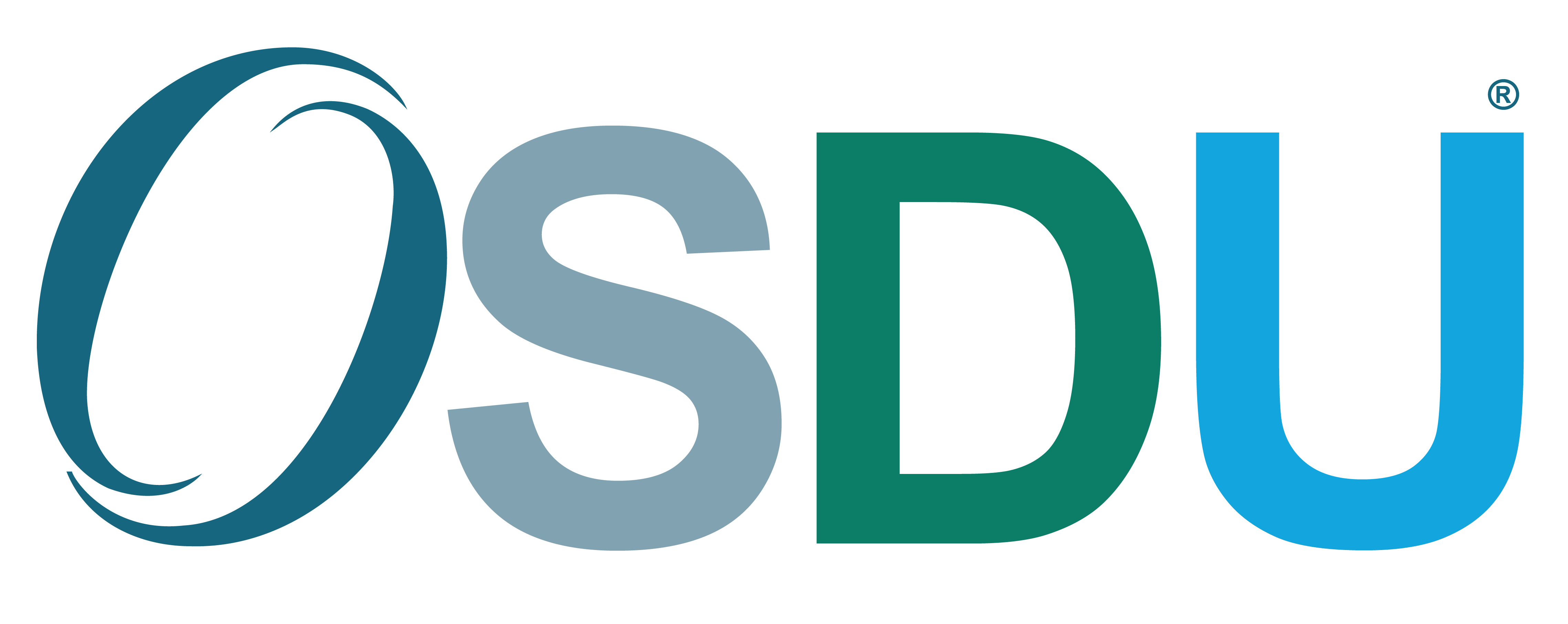Recently we reached out to Michael Cleminson, SLB, to discuss his role as an Elected Member of The Open Group OSDU® Forum, as OMC Vendor Representative. Upon talking to Michael, we discussed his role, career journey, and much more.
Please can you tell us about your occupation, and what made you get into your line of work?
Today, I am Global Innovation Manager for data with the SLB INNOVATION FACTORI. We work directly with customers on targeted agile solutions, using SLB domain expertise and digital solutions to help solve specific problems across all parts of the energy sector. We leverage AI and machine learning across all of our projects, as an example, this includes projects using natural language processing to extract data from scanned documents for legacy well screening for carbon capture, utilization, and sequestration (CCUS).
I am a geologist by education and that came about by accident. During my high school years, we had to pick options and the first course I wanted to do was oversubscribed, while geology remained an option. I quickly fell in love with the subject and studied it at advanced level at school, and then up to masters-degree level at university. When I graduated, the oil industry was in a downturn. I was fortunate to join SLB, but more involved in management of oil and gas data, rather than being a geologist. I loved it and have been involved in the data world for the whole of my near 23-year career in the company.
Please can you tell us about your journey in becoming an Elected Member, and serving on The OSDU Forum OMC Committee?
I was part of the team from which the SLB version of the OSDU data platform was born. I was based in Houston, working with our technology center in Palo Alto, California on their first data lake implementation, and how we could leverage and productize it. We worked on scaling, entitlements, built the first file ingestor, which was a spreadsheet ingestor. As the product matured, I moved to India and worked with the product development teams to operationalize it. During this assignment, we had discussions with the OSDU Forum about donating what we had built. Shortly afterwards, I moved back to Houston, and took over from Raj Kannan (who many of the OSDU Members will know was PMC chair before moving into the OMC) as the product manager for the data ecosystem of the Delfi™ digital platform—our original data ecosystem. As well as the OSDU core services, I was responsible for the donation of code from the Delfi data ecosystem to the OSDU data platform, and ensuring we could deploy it and support the teams building applications on top. While I had not been actively visible in the community, I was heavily involved from a donation and consumption point of view. When Raj Kannan finished his time-elected period, it seemed the next logical thing for me to do.
How important is collaboration to you?
Without it, you are working in a vacuum or must be very lucky or very intuitive to assume what you think perfectly aligns with your partners and/or customers. No one company can develop the solutions alone at the speed that the world needs them. We collaborate and partner with a large number of companies including operators, global technology leaders, and start-ups. These partnerships are accelerating the development of digital solutions to deliver data insights for the industry from any region in the world. Collaboration removes that uncertainty, and focuses and aligns on a win-win scenario. I think it also changes the dynamics of the relationship in a positive way.
What does the word ‘community’ mean to you?
Very simply—give and take, plus support. The support aspect covers lots of elements, but it reflects that some can do, and give, more than others due to their position and that’s fine. In our recent face-to-face event in London, Ian Betts with Shell who is the OMC lead, gave a great analogy about his own life, and his experience of community. It totally resonated with me. You put in what you can, and you take what you need. If you need something you cannot contribute to, you help in other ways where you can. Everybody benefits from the continuous contribution and vast experience that other companies and viewpoints bring. Another element is because it’s open source, everyone is on an equal plane.
Are there any particular stories you would like to share that have shaped you professionally into the person you are today?
I wouldn’t say any specific stories, but more the story of my whole career. I have been fortunate to have done a variety of roles that have given me broad exposure. I spent the first ten years of my career working on customer sites, doing hands on data management, data migrations, and helping shape their data strategies. Following that, I moved into product development of our on-prem solutions, and was then part of the first wave of product management teams working on our cloud-based offerings. These included all the operational and security aspects that don’t typically have to be dealt with when delivering technology to a customer on a DVD.
If you could develop a new type of technology, what would it be, and why?
I feel like we (the Energy industry) are on the cusp of doing it with the advent of large language models , but to build the knowledge graph for our industry leveraging the vast swathes of global datasets, scientific papers, commodity information, weather patterns, etc. To help augment the manual workflows we execute today. It’s not about automating everything we do to remove the need for humans, but to streamline and increase the confidence that we are working with the most complete information.
What is a business philosophy or principle that you follow?
Listen and learn. This applies to your customers, peers, managers, partners. Everybody has a different need and view on something and whilst you cannot always satisfy everybody to start with, understanding a good cross section of views enables you to make the most informed decision based on the immediate needs.
What advice would you give to someone who is looking to work in your field?
Find what keeps you interested. There are so many aspects of data management and software development, such as UX, architecture, coding, security, automation, and governance, that you have the option to find what interests you know, but also jump between different aspects, if the learning bug is what keeps you engaged. A great example of this is our domain data scientist program, where the company has invested in training our domain experts so that they also have data science skills and capabilities.

